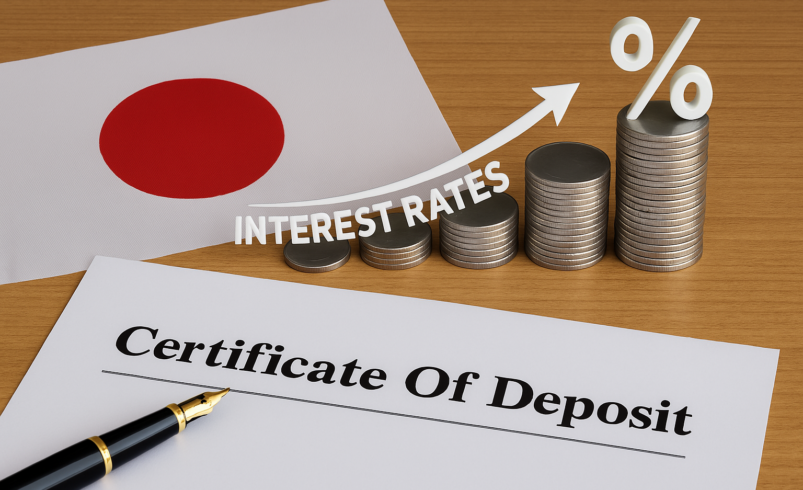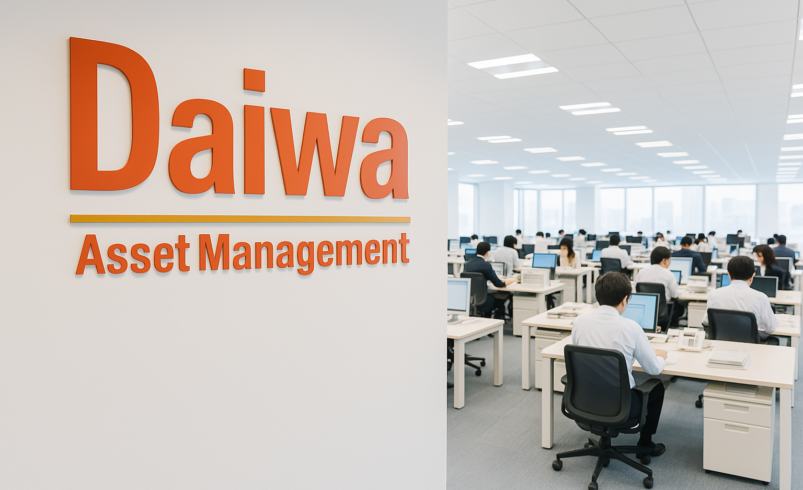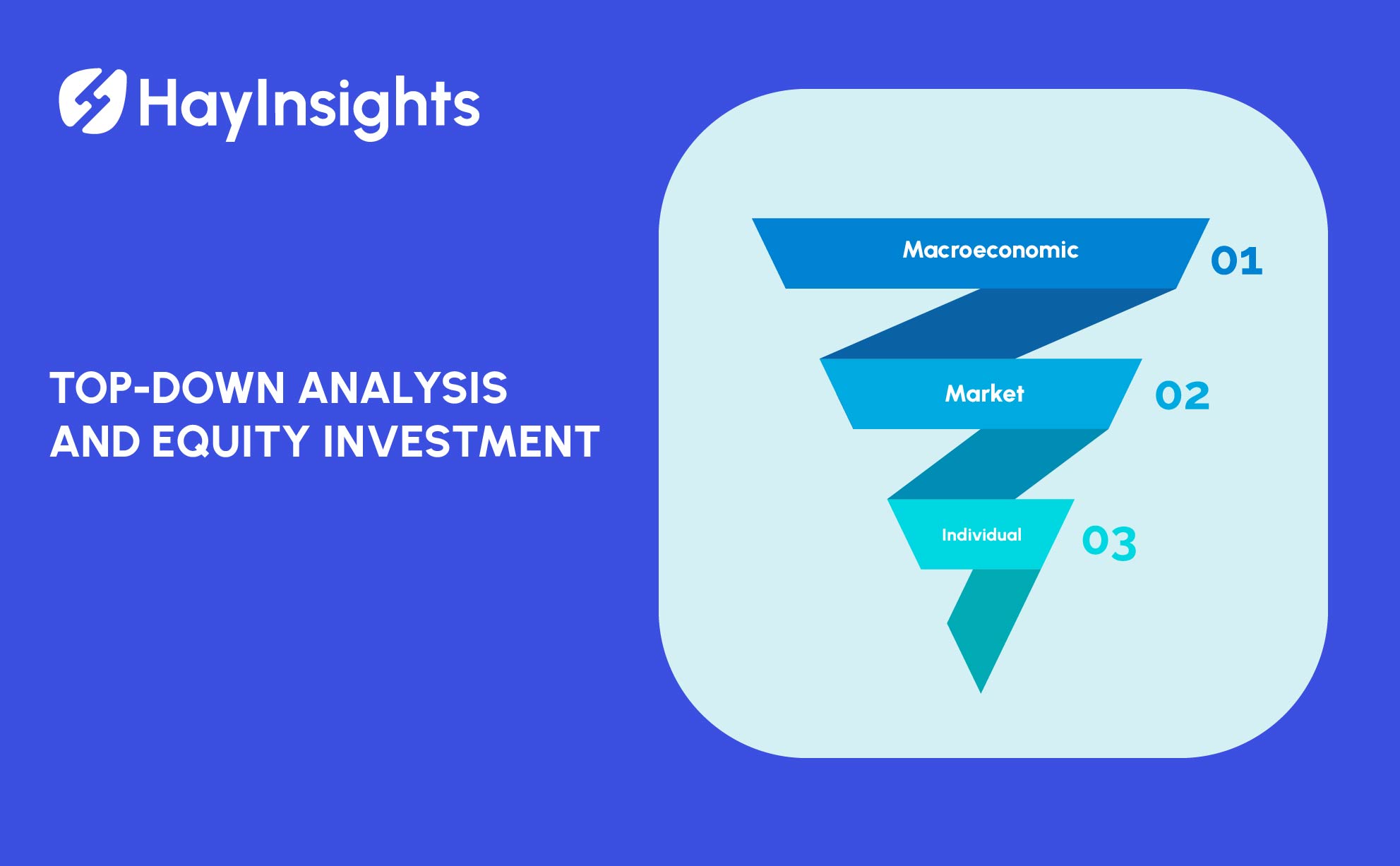
Real Estate Investment vs Stock Investment in Japan 2025: Unlocking Opportunities
When it comes to investing, the choice between real estate and stocks is one that many individuals face. This is particularly true in Japan, where the economic landscape is unique, and the opportunities in both asset classes can be significant. However, deciding between real estate investment vs stock investment in Japan depends on various factors, including risk tolerance, financial goals, and market conditions.
In this article, we’ll explore the pros and cons of both investment options, focusing on their relevance within the Japanese context, and ultimately guide you on how to decide which investment path is best suited for you.
Understanding Real Estate Investment in Japan
1. Stability and Long-Term Security
One of the key benefits of real estate investment in Japan is the stability it offers. Japan is known for its consistent demand for real estate, particularly in metropolitan areas like Tokyo, Osaka, and Kyoto. These cities boast a high population density and are economic hubs, making them attractive locations for residential and commercial properties.
In addition, Japan’s real estate market is relatively insulated from extreme fluctuations compared to other countries. While it’s true that the real estate market has seen some stagnation in the last few decades, prime urban properties continue to hold their value and tend to appreciate slowly over the long term.
For many investors, real estate represents a safer bet, especially in an uncertain economic environment. Unlike stocks, which can be subject to wild swings due to market sentiment or global events, real estate tends to appreciate steadily and provides tangible security.
2. Steady Rental Income
For those interested in generating passive income, real estate offers a reliable cash flow. Rental yields in Japan, though generally lower compared to other countries, provide a stable income stream. For example, investors can acquire residential properties in areas with high demand for rentals, such as in city centers where younger professionals seek accommodation. While rental yields in Japan may be modest (typically ranging from 3% to 5%), they still offer consistent returns in the form of monthly rent payments.
Moreover, Japan’s aging population ensures there is a sustained demand for elderly housing and healthcare facilities, creating unique investment opportunities in these sectors. Over time, this could lead to attractive rental income opportunities for property investors.
3. High Transaction Costs and Illiquidity
A significant disadvantage of real estate investment is the associated transaction costs and the illiquidity of the asset. When buying property in Japan, investors are subject to various taxes and fees, such as agent fees, registration fees, and judicial scrivener fees. Additionally, selling a property can take time and might involve a long waiting period, depending on the market conditions.
The illiquidity of real estate means that, should you need to access your capital quickly, you could face challenges. In contrast, stocks can be easily bought and sold, offering much greater flexibility in terms of liquidity.
Stock Investment in Japan
1. High Potential Returns
While the stock market may appear riskier than real estate, it offers the potential for higher returns. Japan’s stock market, particularly the Tokyo Stock Exchange (TSE), is one of the largest and most established in the world. Historically, stocks in Japan have provided robust returns, particularly when economic conditions are favorable. The country is home to large multinational companies, such as Toyota, Sony, and Nintendo, whose stock performances tend to drive the market’s overall success.
Japanese stocks can offer substantial returns through capital appreciation and dividend payments. Furthermore, Japan’s efforts to implement corporate governance reforms and improve shareholder returns have made its stock market increasingly appealing.
2. Liquidity and Flexibility
One of the primary advantages of stock investment is its liquidity. Shares in publicly traded companies can be bought and sold within minutes, providing investors with quick access to their capital. This makes stocks a more attractive option for those looking for flexibility and a quick exit strategy. Investors can diversify their portfolios by purchasing stocks from various industries and sectors, further enhancing the potential for higher returns.
Moreover, Japanese stocks tend to be less capital-intensive to invest in compared to real estate. The barrier to entry is lower, and investors can start with relatively small amounts of capital. This makes it a suitable option for those with limited funds or those who prefer to avoid the large upfront costs associated with real estate.
3. Volatility and Market Risk
However, investing in the stock market comes with its fair share of risks. Stock prices can be volatile, with daily fluctuations driven by economic reports, company earnings, and global factors like international trade disputes or financial crises. The Japanese stock market, while stable compared to some emerging markets, still experiences periods of intense volatility.
Additionally, stock prices are subject to market sentiment, which can sometimes be influenced by factors unrelated to the fundamental performance of the companies themselves. For example, external factors such as political instability, global economic conditions, or interest rate changes can impact stock prices, leading to losses for investors.
4. Dividends and Taxation
Many Japanese companies pay dividends, which can provide investors with a regular income stream, similar to rental income from real estate. However, the reliability of these dividends varies from company to company. Unlike rental income, which is relatively predictable, dividends are often dependent on the company’s performance and may be reduced or eliminated during difficult economic times.
In terms of taxation, Japan levies a tax on dividends and capital gains, though the tax rate is generally lower for long-term investors. These taxes can eat into your returns, but for many investors, the growth potential in the stock market outweighs the tax implications.
Real Estate vs Stock Investment: Key Differences
Risk and Return Profiles
Real estate investment vs stock investment in Japan is often about balancing risk and reward. Real estate, as mentioned, tends to be more stable and less volatile but comes with higher initial investment costs and less liquidity. It offers predictable returns over the long term, particularly in prime locations. On the other hand, the stock market offers higher potential returns, but also greater volatility and risk.
Liquidity
Liquidity is a crucial factor for investors who may need to access their capital quickly. Stocks win hands down in this regard. If an investor needs funds urgently, they can sell stocks within minutes and access cash in a short time. In contrast, real estate transactions take longer, involving negotiations, paperwork, and legal processes. The illiquid nature of real estate can be a drawback for investors who may need to adjust their portfolios rapidly.
Capital and Barriers to Entry
Real estate generally requires a larger initial investment than stocks. To purchase a property in Japan, you’ll need significant capital for a down payment, closing costs, and possibly renovation expenses. Conversely, stocks offer a much lower barrier to entry, allowing individuals to invest with relatively small amounts of money.
Income Generation
Both assets can generate income, but the nature of that income differs. Rental income from real estate is generally more predictable and stable. However, it’s subject to maintenance costs and vacancy risks. Stock investments can generate dividend income, but this can fluctuate depending on the company’s performance.
Conclusion: Which Investment Is Right for You?
When comparing real estate investment vs stock investment in Japan, the decision depends on your personal investment goals, risk tolerance, and financial situation. If you’re looking for stability and long-term security, real estate may be the better choice. The relatively low volatility of the Japanese property market, combined with the potential for steady rental income, makes it an appealing option for risk-averse investors.
However, if you are willing to accept higher risks for potentially higher returns and greater liquidity, the Japanese stock market might suit your needs. Stocks offer flexibility, capital appreciation, and the chance to invest in some of the world’s leading companies.
Ultimately, diversifying your investments across both asset classes could provide a balanced approach, combining the stability of real estate with the growth potential of stocks. Each investor’s situation is unique, so carefully evaluate your options and consider speaking with a financial advisor to make the most informed decision for your circumstances.
FAQ
-
Is real estate investment more profitable than stocks in Japan?
Real estate can provide steady rental income and long-term appreciation, but stocks often offer higher potential returns. It depends on your risk tolerance and investment goals. -
What are the main risks associated with real estate investment in Japan?
Real estate investments are less liquid and involve significant upfront costs. Additionally, there is the risk of tenant vacancy and property maintenance costs. -
Are dividends in Japan’s stock market reliable?
Dividends in Japan’s stock market can be reliable, but they are subject to the financial health of the company. Some companies may reduce or eliminate dividends during tough times. -
Can I invest in Japanese stocks with a small amount of money?
Yes, stock investments generally have a lower barrier to entry compared to real estate. You can begin with relatively small amounts of capital. -
How long does it take to sell a property in Japan?
Selling a property in Japan can take time due to legal processes and market conditions. It is not as quick or liquid as selling stocks. -
Which is better for long-term investment, real estate or stocks?
Both can be profitable long-term investments, but real estate offers more stability, while stocks provide higher growth potential. A diversified approach may be best.













